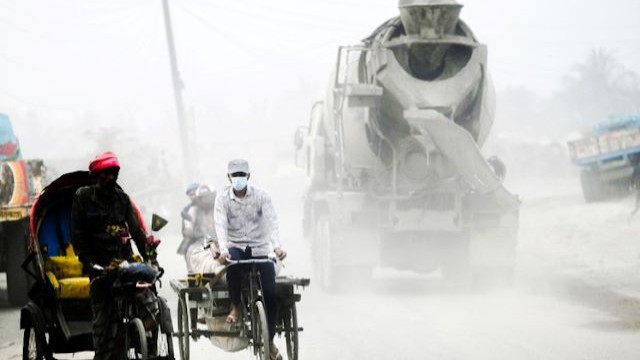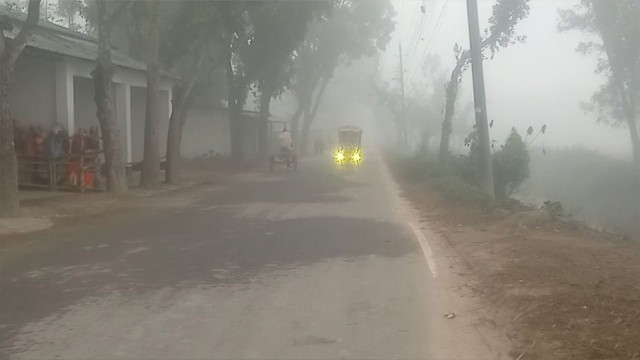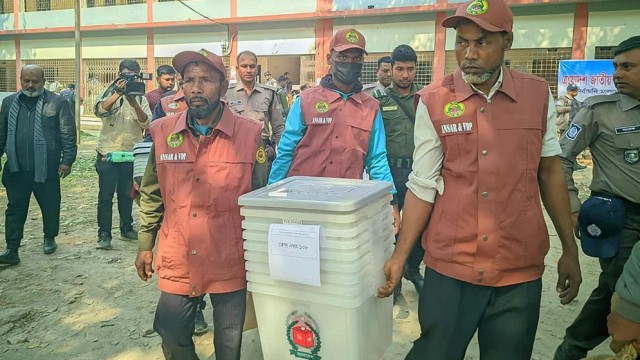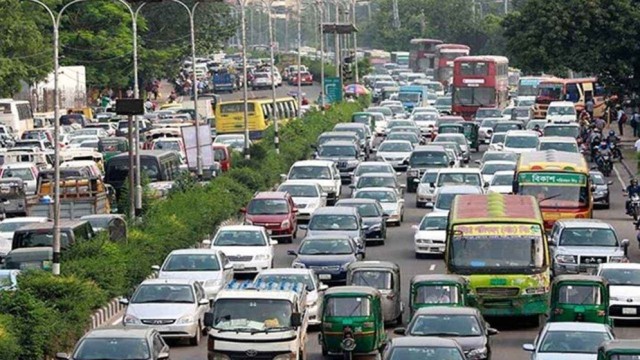Severe air pollution plagues Dhaka, Bangladesh, ranking Fourth globally on the Air Quality Index at 9:15 a.m. on Friday, February 2, with an AQI of 187, considered unhealthy. This issue, exacerbated during winter, somewhat improves in the rainy season.
Following Dhaka, Sarajevo of Bosnia Herzegovina, Vietnam’s Hanoi secures the first and second spot with an AQI 257 and 208, while India's Kalkata (189) and Pakistan's Karachi (174) are third and fifth in the list. According to the Air Quality Index report, An AQI between 101 and 200 is considered 'unhealthy', particularly for sensitive groups while an AQI between 201 and 300 is said to be 'poor', while a reading of 301 to 400 is considered 'hazardous', posing serious health risks to residents.
The AQI is determined by five pollutants in Bangladesh: PM10, PM2.5, NO2, CO, SO2, and ozone. Dhaka's PM2.5 concentration currently exceeds the WHO guideline value by 6.7 times.
Globally, air pollution, linked to 7 million annual deaths by the World Health Organization, poses significant health risks, including stroke, heart disease, COPD, lung cancer, and respiratory infections. Dhaka and its neighboring cities grapple with similar air pollution challenges.






























Comment: